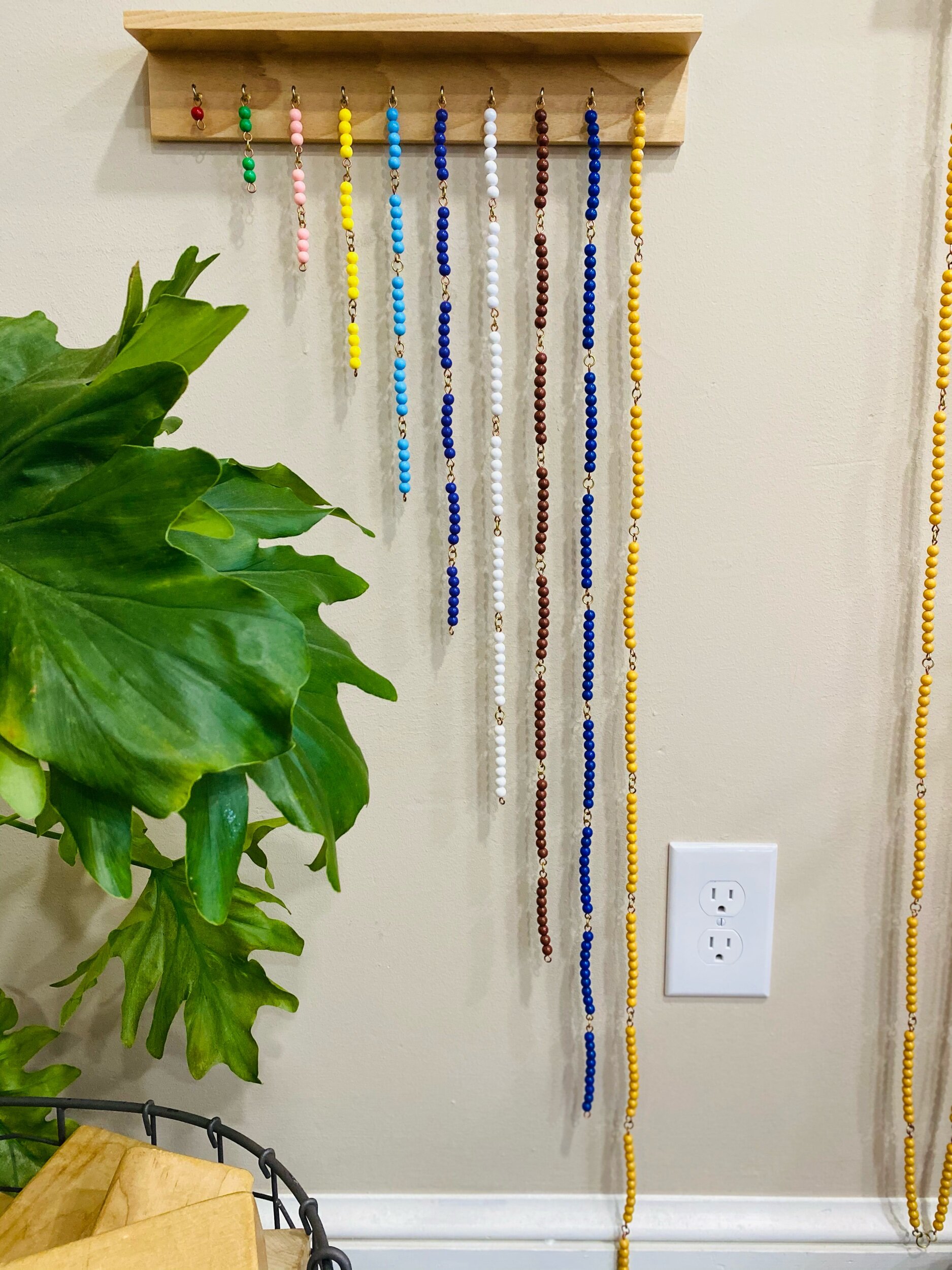Why Montessori?
When it comes to choosing a path for your child’s education there are lots of choices. Why do so many families choose Montessori? Read on to find out what makes this model unique.
Montessori Fosters Independence
At Countryside, young children learn that their independence is valued. We encourage free movement, individual choice within carefully crafted limits, and make sure they know their voices are heard. As children get older, they begin to learn about time management and accountability. We teach them practical life skills, such as cleaning and growing and preparing food, that can be used in the classroom, home, and beyond. This emphasis on independence gives children a tremendous sense of empowerment.
We Follow the Child
This begins by having teachers trained in the specific developmental stages of the children they work with. By honoring where children are in their growth, we can create educational environments that perfectly suit their needs. We know that learning is not linear and that each individual child will need different challenges and supports throughout their time at Countryside. In addition, Montessori students have plenty of opportunities too deeply study areas of personal interest.
Beautiful Classrooms Inspire Beautiful Work
Upon stepping into a Montessori classroom, one immediately sees the difference in our environments. We value natural materials and prefer natural lighting. Living things (both plants and animals) are present, as are low shelves that allow children to easily access their work. There are areas for children to work in a group or alone, and on the floor or at a table. Materials are of high quality, inspiring the children who use them to make their work beautiful.
Nature is Integrated
In addition to the plants and animals that children help care for, our classrooms often have a museum-like quality to them. Depending on what the children are studying, one could find a variety of interesting specimens. Abandoned bird nests, ancient fossils, and sparkling geodes are just a few of the countless possibilities. Natural studies such as botany and zoology begin at the Casa level. We also believe it is critical to bring our students out into nature as often as possible, giving them an opportunity to learn and experience nature firsthand.
We Value Kindness and Peace
Our students are global citizens. World geography is taught beginning at a young age and children learn about traditions from a wide range of cultures. We take the time to teach skills like conflict resolution and support children through social dynamics as they arise. We believe that peace and kindness are the base of any quality education and a foundation that is necessary for the progress of humanity.
We Value Formative Assessment
Assessment is derived from a Latin word meaning “to sit beside.” At Countryside, that is exactly what we do. Our guides sit beside children while they work, gathering data as they go. The three-period lesson, a Montessori hallmark, is specifically designed to measure understanding and mastery during teaching. Guides also observe students and take notes, allowing them to target areas in which students may need more challenge or support. Utilizing formative assessments each day allows teaching and learning to be adjusted at the moment, so each child is getting exactly what they need.

“Any child who is self-sufficient, who can tie his shoes or dress or undress himself, reflects in his joy and sense of achievement the image of human dignity, which is derived from a sense of independence.”
-Dr. Maria Montessori







